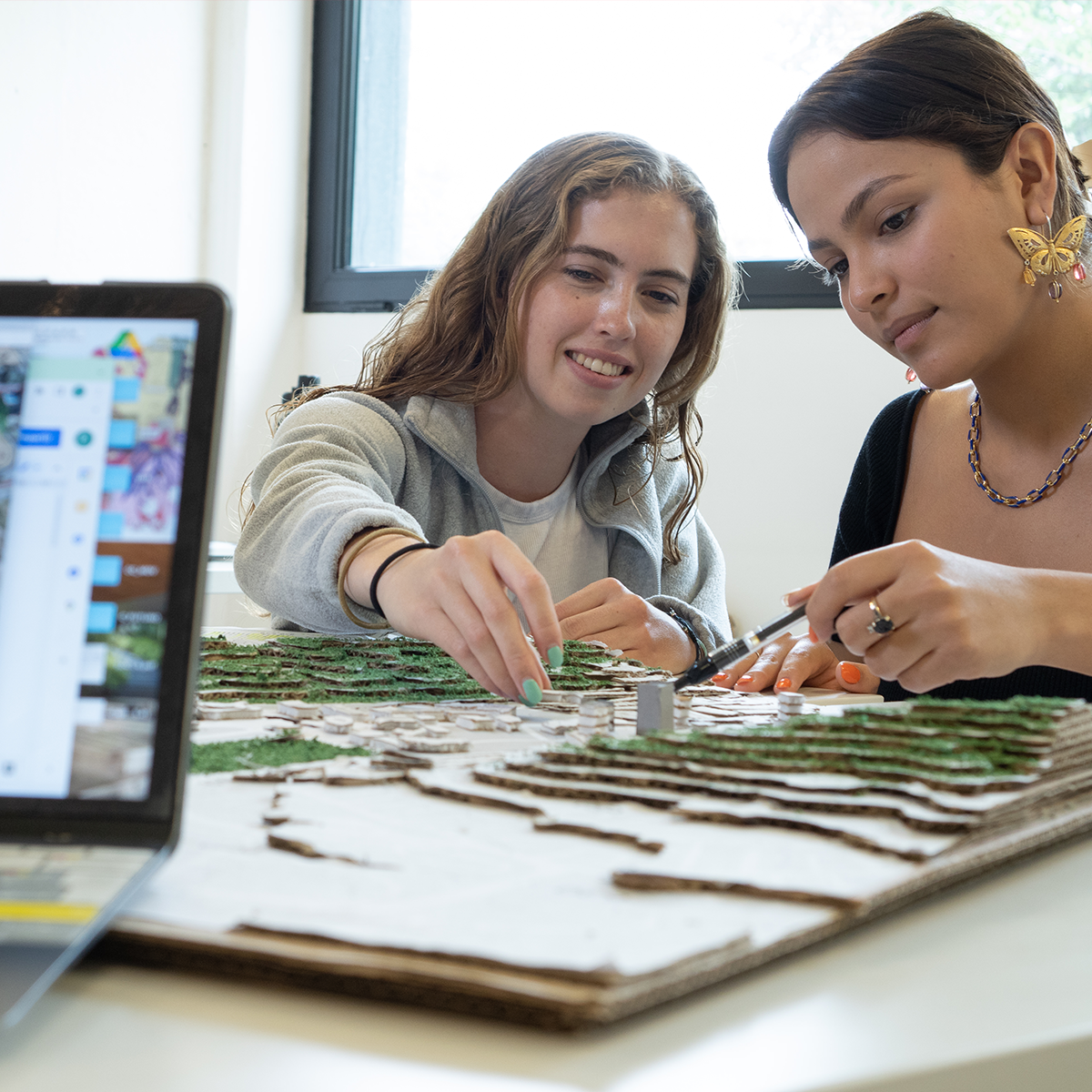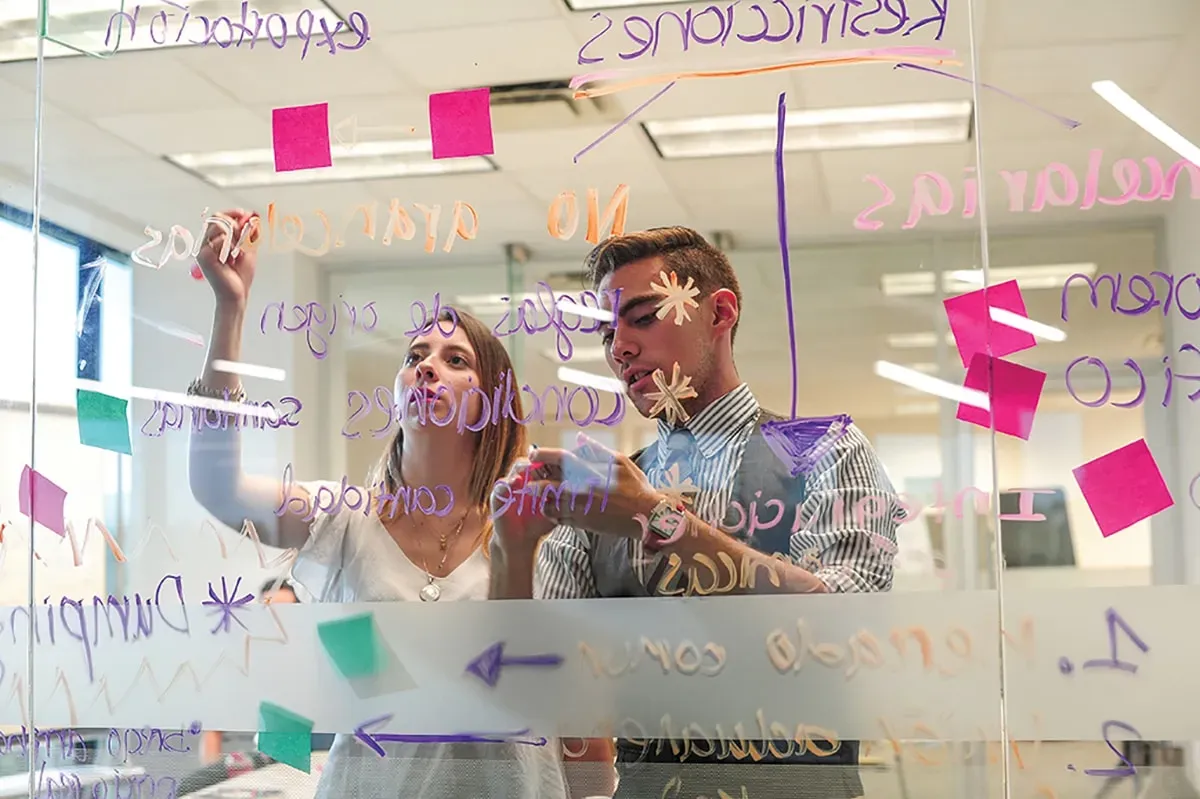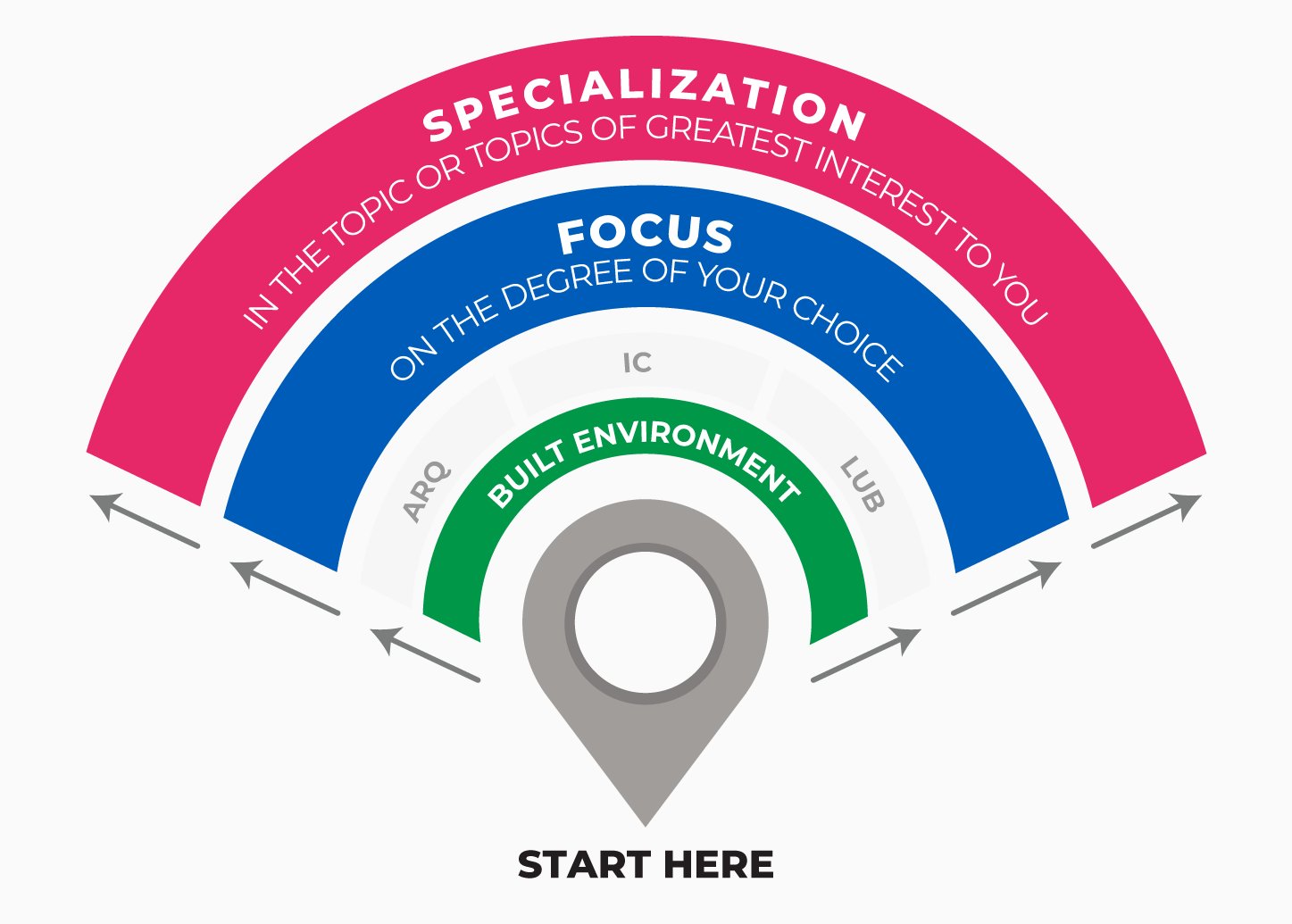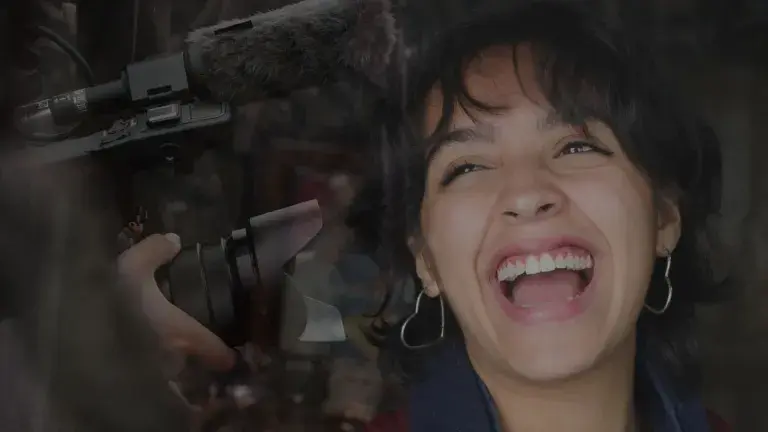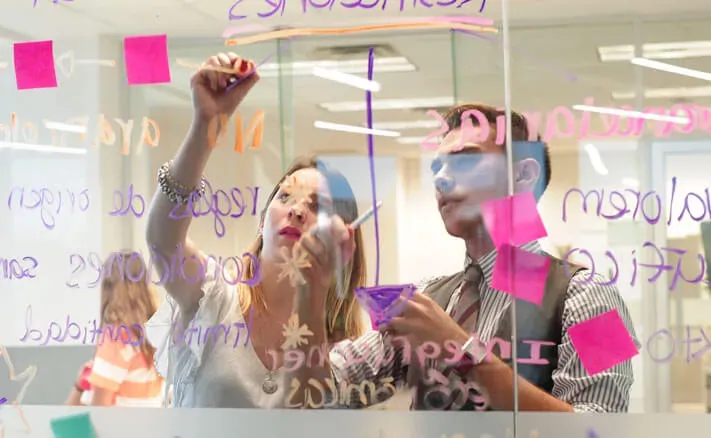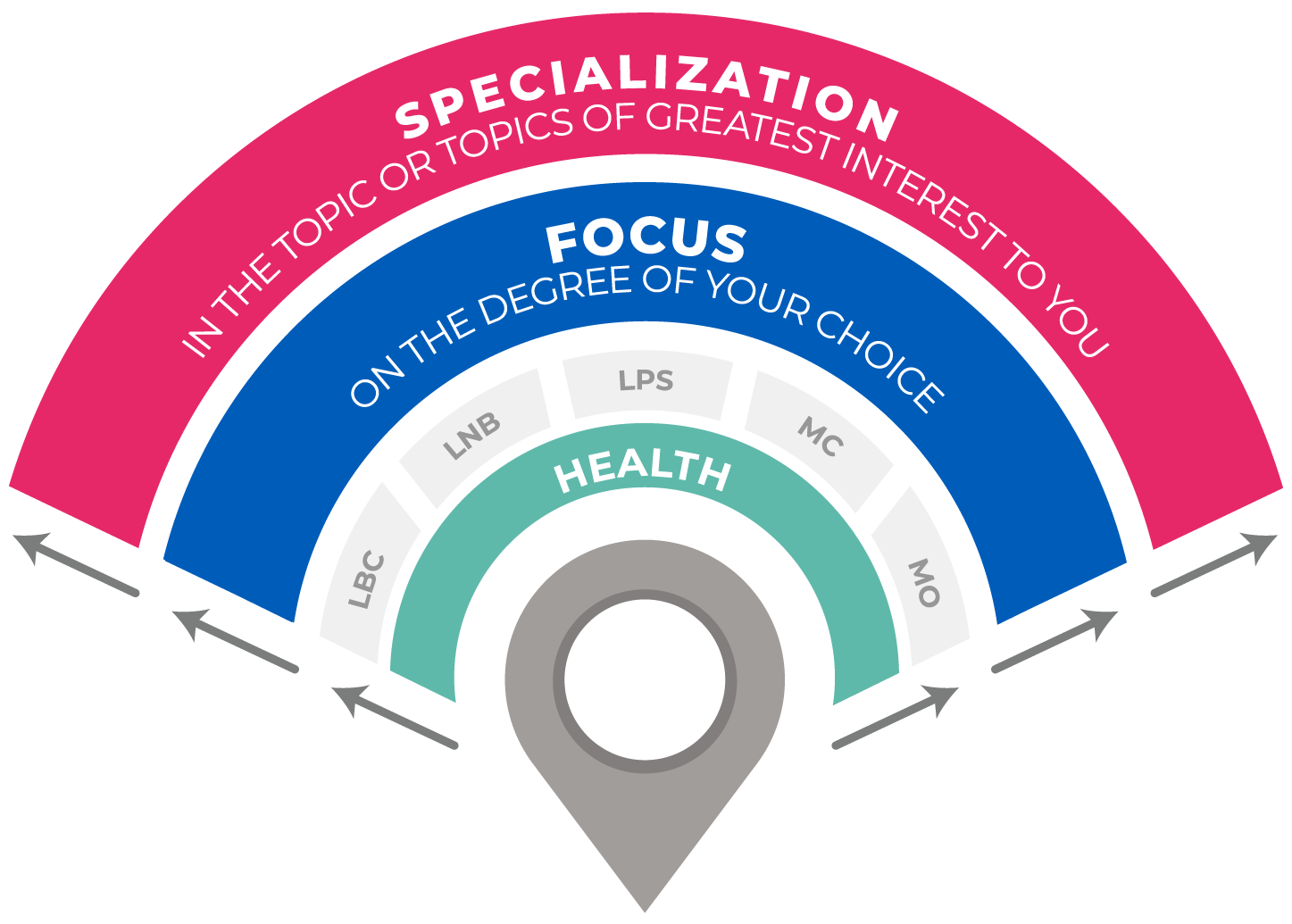• URBAN SPRAWL IN MONTERREY
Founder: Fundación FEMSA
Leader: Dr. Roberto Ponce
This project investigates the process of urban sprawl in Monterrey, quantifying the amount of land consumed and delving into the cost estimation of this pattern of urbanization for the public finances of the city. The project oversees the causes and consequences of urban sprawl in Mexico. Learn more here: https://www.expansionurbanamty.mx/
• An Implementation of SLEUTH as an Open Platform for Doing Scenario Planning to Predict Urban Growth
Founder: Fundación FEMSA
Leader: Dr. Roberto Ponce
This project proposes a ready to use implementation of a cellular automata for scenario planning applied to urban growth. The most observed geographical pattern of growth characterizing fast growing cities is sprawling. The urban land consumption per capita significantly increased, on average, in cities over the 1990-2000 and 2000 and 2014 periods, according to the Atlas of Urban Expansion. Urban sprawl has dire consequences on miles per vehicle traveled, CO2 and the provision of public services. The evidence has shown that reversing this trend requires decisive policy actions from local governments. The problem is that local governments, especially in developing countries, do not possess the human capital, technical proficiency and financial resources to develop a sophisticated and easy to test policy interventions under a framework of scenario planning. Our project addresses such limitations by reimplementing the SLEUTH model/ simulator developed by Keith C. Clarke, a tool for predicting urban growth that is well established in the literature.
We have reimplemented the SLEUTH model/simulator to increase the access of local governments to scenario planning for urban growth through an easy and ready to use digital tool that works with open access data. SLEUTH is a cellular automaton that simulates 3 growth processes: spontaneous growth, edge growth, and road influence growth. Each growth phase is controlled by a set of parameters calibrated using past growth data. Three are the main limitations of current implementations of SLEUTH to be widely used by local governments and regions. First, the code of most implementations is written in C++, and does not follow modern and best practices for coding. Second, the model needs to be fed with satellite imagery and raster files on historic urbanized land, elevations, and roads access. Third, the process of calibrating the parameters to historical data is long, tedious, and not automated. These three elements are a barrier of entry for local governments without a developed technical capacity to do scenario planning for urban growth.
To address these limitations in SLEUTH, we built an interactive digital platform that performs remote data integration from Google Earth Engine to feed the satellite imagery and rasters into the SLEUTH model in an automated way, allowing a real time exploration of SLEUTH generated scenarios. We reimplemented SLEUTH program in Python to better integration with modern data formats and frameworks and facilitate experimenting and new feature development for SLEUTH based growth models. We tested new calibration methods based on machine learning to improve SLEUTH's calibration speed. The platform simulates growth for all major cities in Latin America in an automated way, relying on open access platforms and data.
• Latin American Pathways to Net-Zero Greenhouse Gas Emissions
Leader: Dr. Edmundo Molina
Founder: Banco Interamericano de Desarrollo
RAND and Tecnológico de Monterrey have partnered to evaluate decarbonization plans in Costa Rica and Chile in recent years . In these studies, the research team applied Robust Decision Making (RDM) to develop and evaluate different scenarios of emissions with and without the implementation of the decarbonization actions roughly consistent with the countries’ Nationally Determined Contributions (NDCs). These studies then identified the key conditions that would lead the decarbonization strategies to hit or miss their emissions objectives.
This proposed study builds upon these two successful studies by (a) leveraging the tools already developed and (b) advancing our approach based on the many lessons learned. The study proposes to develop a novel integrated Latin America decarbonization model that estimates emissions and decarbonization net benefits by sector and country under a wide range of regional and country-specific futures. For example, our integrated model would ensure that consistent assumptions are made for factors that affect Latin American countries similarly, such as similar costs of imported technology. Then, RDM and this model will be used to develop plausible decarbonization pathways for each Latin American country, and the region as a whole, and identify the key uncertain trends that must be monitored and managed in order for the region to meet net zero emissions by 2050.
The research team of Tecnológico de Monterrey will assist the RAND team on carrying out stakeholder engagements, implementing the RDM framework and on gathering the needed information for estimating emissions and decarbonization net benefits, or to develop proxy approaches in the absence of data. This information will be integrated into the RDM-informed modeling and analysis. The final product will be based on an integrated analysis; in addition, the individual country modeling components will be shared with each country for their continued development and use.
• Advise and Support in LTS Exploratory Modeling to Support Countries in LTO Exploration and LTS Modeling
Leader: Dr. Edmundo Molina
Founder: Banco Mundial
Tecnologico de Monterrey will support the World Bank’s programmatic ASA, Long-term Low-Carbon Planning in Pilot Countries providing an exploratory decarbonization platform that can be used to estimate greenhouse gas emissions pathways for specific countries, based on the multi-sectorial specification of decarbonization strategies, and the estimation of the associated implementation costs and resulting broader societal benefits. Additionally, this platform will help the World Bank team explore how these pathways, costs and benefits vary with respect to different assumptions about long-term socio-economic, technological, and environmental conditions, as well as with respect to implementation progress of decarbonization strategies.
This effort will focus on five countries, including Egypt, Turkey, Jordan, Uzbekistan and Dominican Republic. The TdM team will assembly the datasets required for carrying out the analyses and assist the World Bank team in configuring the modeling platform to the needs of each nation case study. The TdM team will also support the adoption of this platform by the World Bank team so they can use it more flexibly and update the analysis as needed.
• A cognitive modeling approach for understanding computational intelligence-human interactions in uncertain and complex decision-making environments
Leader: Dr. Edmundo Molina
Founder: US Air Force
Decision-making in complex and uncertain environments is a high-level individual or group process that depends on various cognitive, psychological, and social mechanisms, such as perception, attention, memory, abstract thinking, and debate. In particular, uncertain and complex environment require series of decisions to be made, with each decision depending on rapidly changing information, complex computational intelligence tools (CITs), detailed data analysis tasks and multiple agents’ perspectives.
There is limited empirical evidence that analyzes how CITs interact with decision makers in critical decision-making situations or that describes the cognitive and neurological mechanisms through which CITs influence individuals’ integrative complexity traits. We also do not have sufficient information that describes how is that CITs’ characteristics interact with decision makers’ own characteristics (e.g., group size, age, field of expertise). Finally, little is known about the potential externalities that CITs may have on decision-making in these types of environments, such as overreliance, mistrust, or model rejection.
To address these knowledge gaps, this study proposes to combine behavioral experimentation and neuroscientific methods to develop a cognitive model that describes the impact that CITs have on decisions being made in complex and uncertain environments. In particular, this study seeks to address the following research questions:
What is the marginal impact of CITs’ components on individuals’ cognitive bandwidth in complex and uncertain decision-making environments?
What is the marginal impact of CITs’ components on individuals’ level of integrative complexity in complex and uncertain decision-making environments?
Under which combination of experimental parameters CITs have a positive impact on decision makers’ ability to deal with complex and uncertain environments?
Under which combination of experimental parameters CITs impact positively individuals’ level of integrative complexity when dealing with a ambiguous or deeply uncertain problem?
Under which combination of experimental parameters CITs lead to mistrust, technological overreliance, model rejection or gridlock in complex and uncertain environments?
Can the lessons learned in these experiments be generalized across different decision context?
This interdisciplinary approach can contribute to: i) objectively illustrate decision makers’ models of beliefs and values,, ii) identify the impact and mechanisms through which CITs influence individuals’ integrative complexity traits, iii) support CITs interventions in crisis situations, and iv) contribute to the development of modern decision sciences. Ultimately, this integrative approach can result in formal cognitive models of decision making under uncertainty and complexity that will grant the scientific community a deeper understanding of the mechanisms by which CITs and decision makers interact under rapidly evolving environments.
